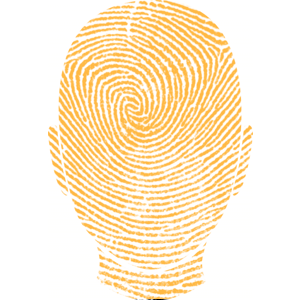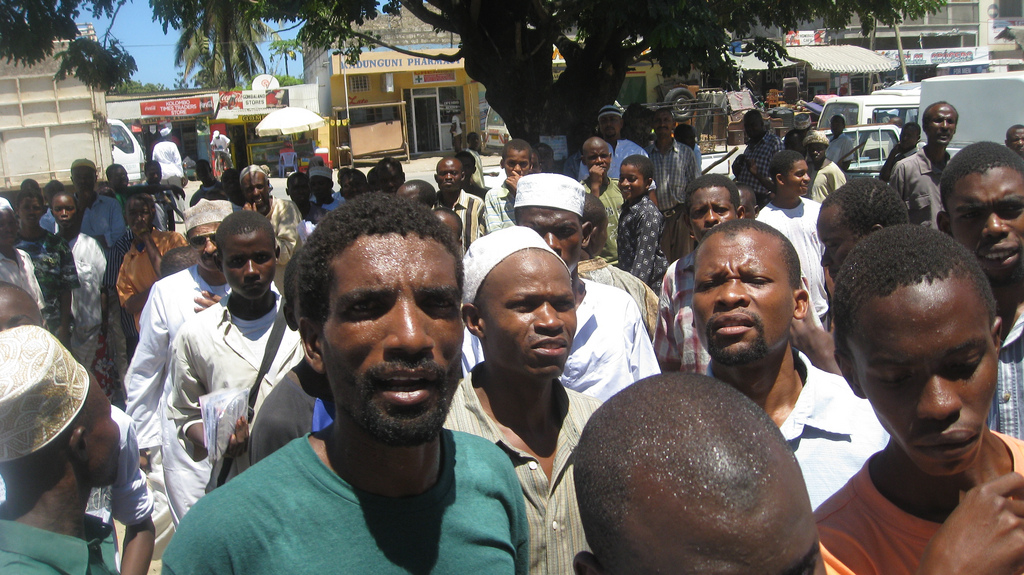 I watched from behind the windowpane. Slowly, my small town materialized from the deep shadows. I was elated to finally come home—to visit the teachers in my old high school that marked so much of my development; to see my best friends and discuss our lives over black coffee in the little shop down the street; and to get gas (yes, even gas) at the station that still hand pumped your gas for you and knew every customer by name. I was absorbed in these thoughts, as my mother pulled off the main road and crawled up our driveway. After so long, I was finally home again.
I watched from behind the windowpane. Slowly, my small town materialized from the deep shadows. I was elated to finally come home—to visit the teachers in my old high school that marked so much of my development; to see my best friends and discuss our lives over black coffee in the little shop down the street; and to get gas (yes, even gas) at the station that still hand pumped your gas for you and knew every customer by name. I was absorbed in these thoughts, as my mother pulled off the main road and crawled up our driveway. After so long, I was finally home again.
Elatedly, I ran into my house. I walked into my bedroom to drop off my things, beginning to comprehend the shift in the house’s atmosphere—my music no longer echoed throughout the space, a slight layer of dust had accumulated on my desk, and even the slight scent of my perfume had left my pillow. Disillusioned, I began critically inspecting the awards, books, and articles of my past life. My stomach churned while I tried to connect with the girl plastered all over my walls, but could not bridge the gap between who I was and who I had become while at Duke.
Confused on what this meant, the following day, I went to see old friends at the little coffee house that we always went to. Sitting at “our” table, I began discussing my college experience, searching for understanding in their blank faces. They told me that I had changed, and I had. I dropped the miniscule remnants of my Southern accent and largely told people I was from the suburbs of a large city in North Carolina to dissociate from the South Carolina’s radically conservative politics, attempting to assimilate into Duke’s culture. This discussion between my friends and I stressed the distance I felt from my origin. By the end of the weekend this feeling climaxed when I told my mom, “I can’t wait to go home.” Shocked by my identification of Duke as “home”, her composed facade momentarily cracked; but it remained more than a simple mistake, as I had come to identify with Duke as my “home”.
In the weeks since this experience, I’ve come to accept that my relationship with the place I grew up will never be the same—for my space in the little town has been filled, and I have forged my own role within Duke University. Clover, South Carolina will always be an integral part of my identity; it was the place that molded me into the open-minded, constantly laughing, and overly optimistic woman that walks through Duke’s campus, perpetually amazed and inspired by the people around me. Yet, sometimes you outgrow places, and I have come to believe that a large part of growing into the person you are supposed to be includes pushing yourself outside of your comfort zone. As I’ve come to adventure throughout my new home, and yes, I have come to believe that both Clover and Durham are my homes, I’m constantly reminded of what my mom once told me, “It’s that moment—when you are right on the edge of adventure—that’s the exciting part.” I’m right on the edge of two amazing communities, engulfed in an immense amount of love, and its hard to be anything less than thrilled about my next four years at Duke University.

 Meet Blær. She’s a fifteen year old girl from Iceland, and her name roughly translates to “light breeze”. Nothing unusual there, right? Except for the fact that her name is banned. According to the Icelandic government, her name is Stúlka (which is Icelandic for ‘girl’). In 1991, Iceland implemented the Icelandic Naming Committee to ensure that its newest citizens weren’t given un-Icelandic names. In classic bureaucratic fashion, the committee drafted a list of approved names. But this is Iceland, after all-a relatively progressive Nordic nation. So it shouldn’t come as a surprise that there is a way to circumvent this list and get your name approved. The only problem is that the committee is
Meet Blær. She’s a fifteen year old girl from Iceland, and her name roughly translates to “light breeze”. Nothing unusual there, right? Except for the fact that her name is banned. According to the Icelandic government, her name is Stúlka (which is Icelandic for ‘girl’). In 1991, Iceland implemented the Icelandic Naming Committee to ensure that its newest citizens weren’t given un-Icelandic names. In classic bureaucratic fashion, the committee drafted a list of approved names. But this is Iceland, after all-a relatively progressive Nordic nation. So it shouldn’t come as a surprise that there is a way to circumvent this list and get your name approved. The only problem is that the committee is  Is circumcision of young boys an affront on their bodily rights?
Is circumcision of young boys an affront on their bodily rights?